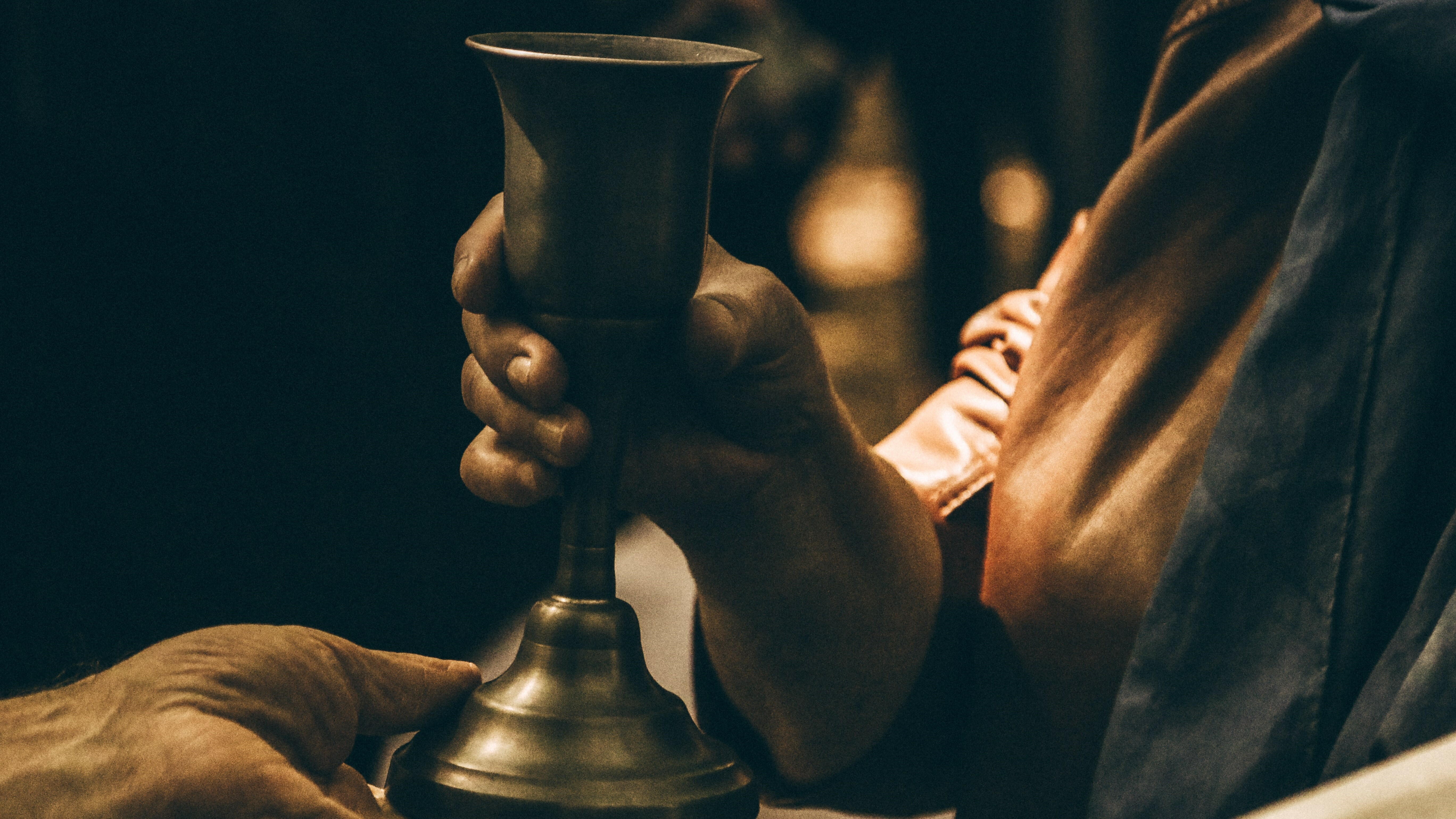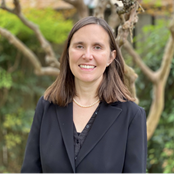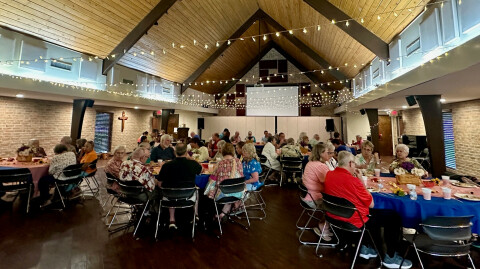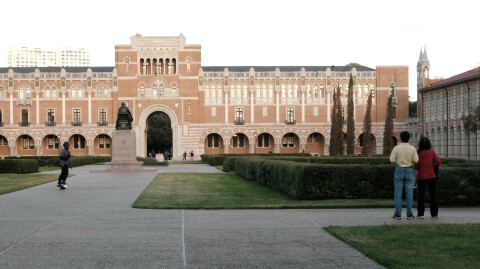This week, it feels as though Easter will better reflect resurrection than any season in my memory. There are two reasons for this: first, the end of the pandemic restrictions at church reminds me that we are one church. When Bishop Doyle announced that we could receive the common cup again, I was thrilled. This symbol of unity and peace binds us together. We remember Christ’s words in Mark 14:23-24 tell us the importance of one cup, “Then [Jesus] took a cup, and after giving thanks he gave it to them, and all of them drank from it. He said to them, ‘This is my blood of the covenant, which is poured out for many.’”
A chalice, the singular shared blood of Christ, symbolizes our unity in God. Whatever our political, personal, or our social groups, we gather and are able to share in the common cup. At St. Dunstan's Episcopal Church, we celebrate The Eucharist on Sunday (the Lord’s Day), Weekly on Thursdays and at Vestry Meetings. We do this because we recognize Holy Eucharist is essential to our theological understanding of being one in the body of Christ. When he was resurrected it meant that we are made anew as well; the collective sins of our ancestors of faith are forgiven.
In the Old Testament, the people of God rebelled. They worshiped the Golden Calf. They blasphemed against God. They doubted God’s miraculous powers. Moses eventually brought them near the promised land and Joshua saw them settled. As time progressed God’s people continued to rebel again and again. This is why the Law, the Torah, exists. It is why the Books of the Prophets exist. The Covenant God made through Noah, Abraham, Moses, and His People was one of love and bondage.
When Christ was resurrected on Easter Sunday, a new covenant was formed. Jesus proved that he was more than a prophet. The night when Jesus sat down to observe the passover, made a new covenant: promising unity, forgiveness, and loving kindness.
This background helps us to understand the importance of Jerusalem. Our church has members who are returning from a trip to the Holy Land and can attest to the mission of peace and unity that this Diocese promotes, from their medical clinics to their programs for youth such as Jerusalem Peacebuilders.
The Easter Season is fifty days long. It is longer than Lent or Advent. The reason is clear: we are called to celebrate longer than repent. The miracle of the new covenant invites us to respond with joy and celebration.
Particularly this year, I think that Easter is a time to focus on the unity of the church. We have shed most of our COVID restrictions, we have learned about how to lift each other up, we have lost loved ones, and we have found different worship practices. Lent teaches us patience. Now, during Easter let us celebrate!
Jesus made a new covenant with us. Let us encourage all people to live into that love and unity. My prayer is that you feel the power of the Easter message during your interactions, in your giving, and especially at our worship services.
For His Sake,
Beth Anne +





